Contract talks between the University of Windsor and the Windsor University Faculty Association (WUFA), have continued throughout the summer, with new negotiation dates scheduled for September 12, 14, 19, 22 and 23. WUFA represents approximately 1,000 faculty, librarians, sessional members and ancillary academic staff.
Shortly after a negotiation session concluded on August 26, the UWindsor bargaining team learned that WUFA filed for conciliation with the Ministry of Labour. As a result, a conciliator appointed by the Ministry will join the bargaining discussions when the scheduled meetings resume.
Bruce Tucker, associate vice-president academic affairs and the chair of the administration’s bargaining team, said, “Although we were unaware at the last bargaining session that WUFA intended to file for conciliation, we are confident this new development will prove to be another step towards reaching a successful agreement that is fiscally responsible for the university.”
The major financial challenges have been outlined to the campus community through regular President’s Update reports over the past three years. Compensation costs, which account for the majority of the university’s operating budget, at approximately $160 million (or 80 percent), remain a challenge and one of the underlying reasons for the realignment efforts the university has undergone in the past three years to successfully balance the operating budget. The costs of supporting our pension plans have become an additional reality. WUFA members are the only employee group that continued to receive base pay increases since the enactment of the provincial wage restraint legislation in March, 2010. As the campus learned in the President’s Update #13, a projected shortfall of $6.2 million in the 2012/13 budget has already signalled the need for further realignment in the months ahead.
Despite the financial challenges, the university has successfully negotiated six collective agreements in the past 12 months without a strike.
“I’m proud of the success the bargaining teams have already had this year, and their ability to negotiate in a transparent and fiscally responsible manner without strike action,” said President Alan Wildeman. “The University of Windsor has generated a tremendous amount of positive momentum over the past few years; our faculty and staff are achieving great successes across campus and doing wonderful things for our students. There is a renewed sense of pride for our university for everything we’ve done, and everything we’re going to do, which has raised our profile in our region and beyond.
“A strike by WUFA would bring these positive efforts to a halt,” he said. “This is why we are focused on reaching a collective agreement that supports our faculty, librarians, sessionals and ancillary academic staff to the best of our ability, and at the same time meets everyone’s aspirations to provide an exceptional experience for our students.”
Dr. Wildeman acknowledged that, like any union negotiation process, one of the next steps WUFA will take will be to hold a strike vote for its membership.
“The University of Windsor’s strategic aspirations and financial reality have been widely communicated. I trust that all WUFA members will take them into account as we continue with our negotiations,” he said.



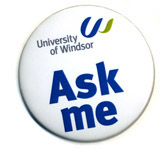 The Educational Development Centre invites staff and faculty to wear "Ask Me" buttons for the first half of September, making it easier for new students to identify people who can provide them with a welcoming smile, directions or basic campus information.
The Educational Development Centre invites staff and faculty to wear "Ask Me" buttons for the first half of September, making it easier for new students to identify people who can provide them with a welcoming smile, directions or basic campus information.


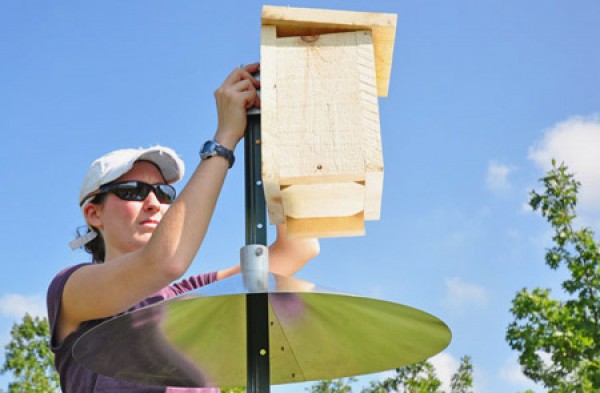
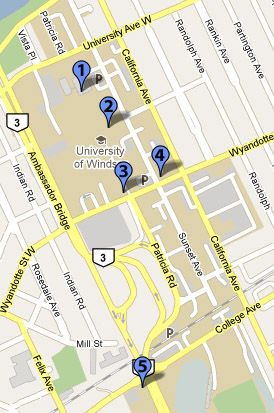
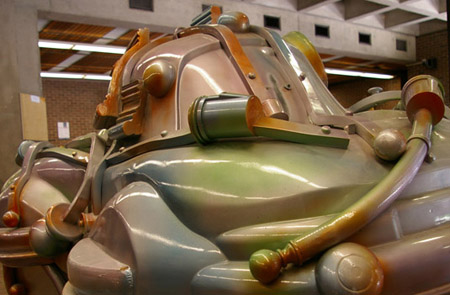
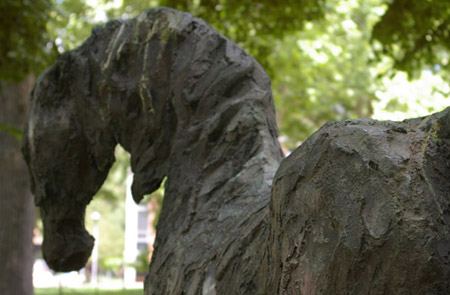

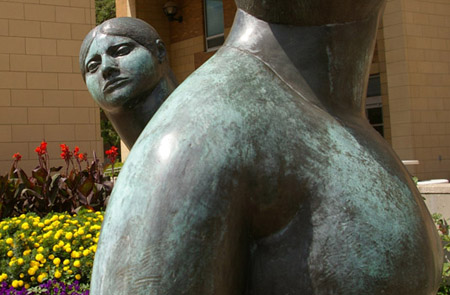
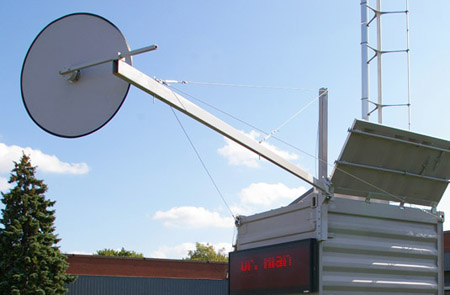
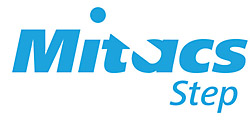 MITACS Step
MITACS Step